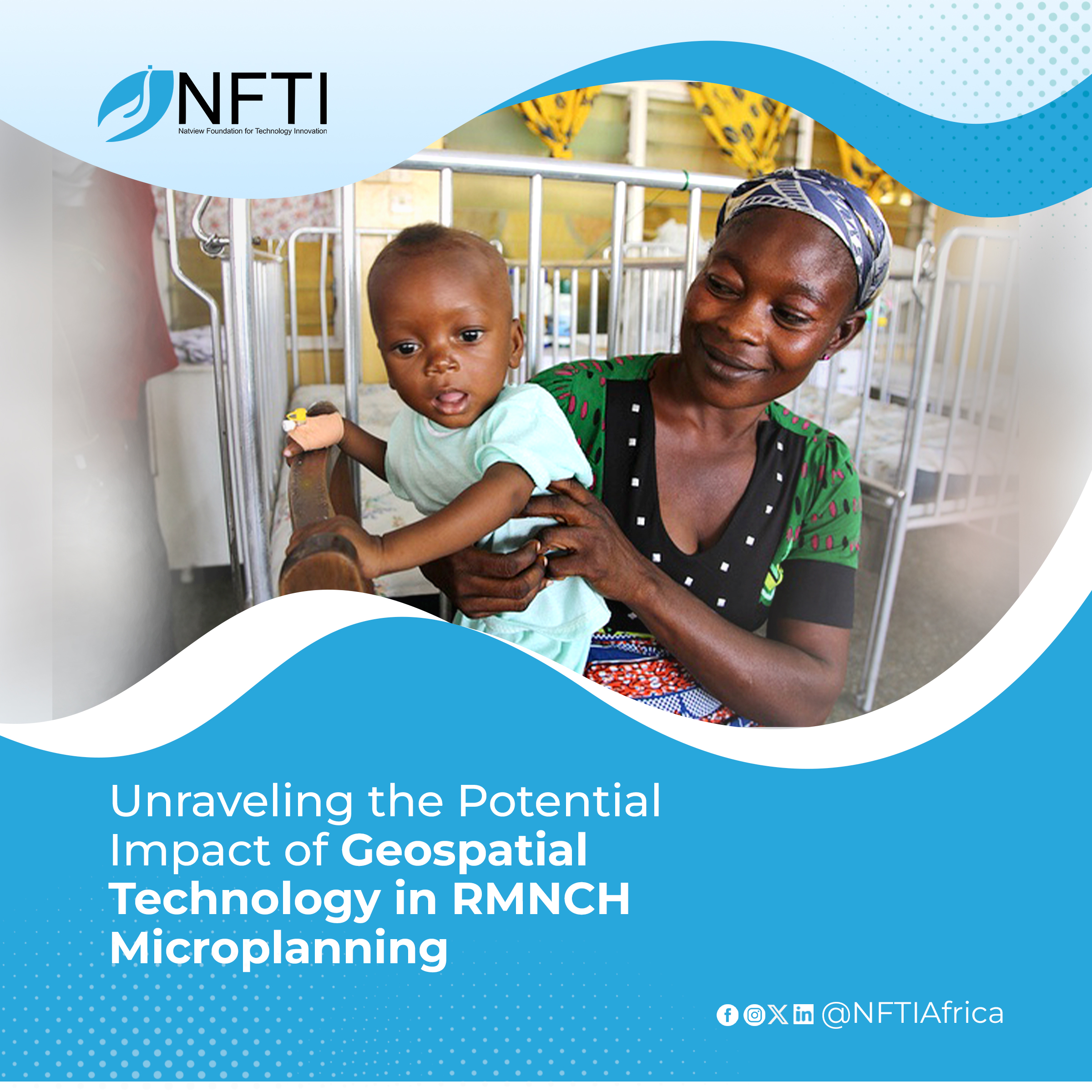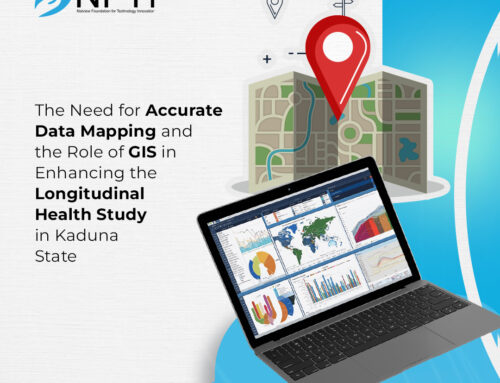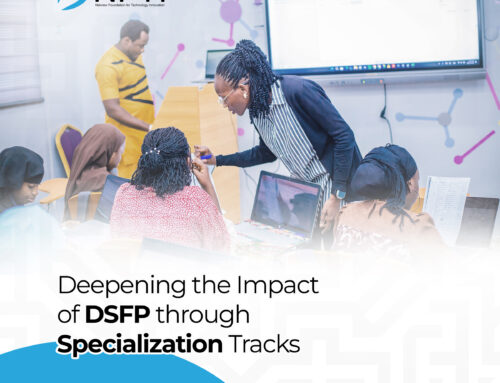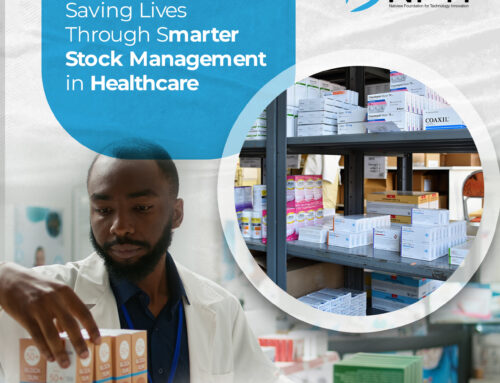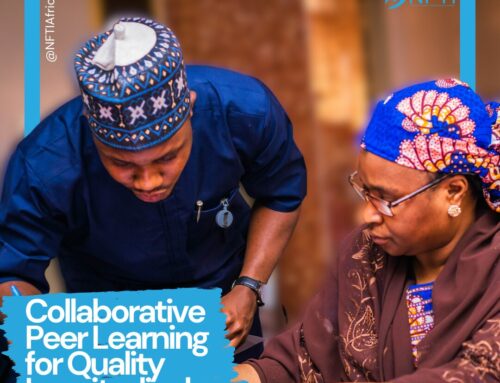In the quest to improve community health and the overall well-being of society, the convergence of cutting-edge geospatial technology with Reproductive, Maternal, Newborn, Child, and Adolescent Health (RMNCH) is presenting a promising pathway. The Bill and Melinda Gates Foundation (BMGF)-supported GEO-ST4R Project is a dynamic and forward-thinking initiative at the forefront of this paradigm shift. Through a partnership between Pathfinder International, Natview Foundation, GRID3, and Data Science Nigeria, this four-year project is strategically utilizing geospatial technology to revolutionize the RMNCH continuum of care across four BMGF focal states: Gombe, Kaduna, Kano, and Lagos.
The GEO-ST4R Project is strategically designed with a detailed set of goals to address the intricate challenges within RMNCH. These encompass conducting a thorough environmental scan to evaluate the current healthcare space in targeted states and identifying gaps and opportunities for improvement. The project also focuses on appraising the digital readiness of healthcare systems and assessing their preparedness to adopt digitization and advanced technologies for more efficient service delivery. Additionally, there is a focus on a baseline assessment to establish a foundational understanding of healthcare infrastructure, resources, and needs in the selected regions. A crucial objective involves incorporating geospatial insights into microplanning processes at both state and facility levels, intending to customize healthcare approaches according to the specific needs of communities, emphasizing a tailored and community-centric strategy.
RMNCH stands as a holistic framework designed to address the diverse health needs of individuals at every stage of life, from the crucial reproductive years through adolescence. The core principle is to ensure the seamless provision of essential health services to mothers, newborns, children, and adolescents, ultimately aiming to improve health outcomes and promote the development of a thriving society. This approach recognizes the interconnectedness of health at various life stages. It underscores the importance of not only addressing immediate health concerns but also establishing a foundation for long-term well-being.
The potential impact of the GEO-ST4R Project on RMNCH microplanning is profound. Here’s an exploration of the potential impact across key areas:
Precision and Targeted Interventions:
The GEO-ST4R Project introduces a new level of precision in RMNCH microplanning. By analyzing geospatial data, healthcare providers can pinpoint areas with the greatest needs. This enables the tailoring of interventions to the unique health challenges faced by specific communities. For example, if there is a concentration of maternal health issues in a particular region, the microplanning process can be adjusted to allocate more resources and services to address this specific concern.
Optimized Resource Allocation:
Geospatial insights play a crucial role in optimizing the allocation of resources. The project allows for the identification of areas with high healthcare demand, enabling more efficient distribution of medical supplies, skilled staff, and other critical resources. This not only minimizes waste but also ensures that resources are directed where they are most needed, maximizing the impact of every allocated resource.
Community-Centric Approaches:
One of the notable impacts of the GEO-ST4R Project is the shift toward community-centric healthcare. By understanding the unique geographical and socio-economic factors of different regions, microplanning can be customized to suit the specific needs of local communities. This ensures that healthcare services are not only accessible but also culturally and contextually relevant, fostering a stronger connection between healthcare providers and the communities they serve.
Real-Time Monitoring and Adaptive Strategies:
Geospatial technology enables real-time monitoring of healthcare interventions. This means that the effectiveness of microplanned strategies can be assessed promptly. If certain interventions are not yielding the expected results or if new health challenges emerge, the microplanning process can be adapted in real-time. This dynamic approach ensures that healthcare strategies remain relevant and effective in addressing the evolving needs of communities.
Enhanced Emergency Response:
In emergencies, timely access to healthcare is critical. The GEO-ST4R Project facilitates the identification of optimal transport routes, ensuring that healthcare reaches communities swiftly, particularly during crises. This capability enhances the emergency response system, potentially saving lives by reducing the time it takes for medical assistance to reach those in need.
Improved Maternal and Child Health Outcomes:
Perhaps the most significant impact of the GEO-ST4R Project on RMNCH microplanning is the potential for improved maternal and child health outcomes. Through the targeted allocation of resources, precision in service delivery, and community-centric approaches, the project aims to address the root causes of maternal and child health challenges. This, in turn, has the potential to significantly reduce maternal and child mortality rates in the targeted states.
As the GEO-ST4R Project continues its mission to leverage geospatial technology for healthcare evolution, the outcomes of the workshop are poised to make a meaningful and lasting impact. By integrating geo-enabled microplanning into the fabric of healthcare decision-making, Nigeria is on the path to redefining the future of healthcare delivery.

